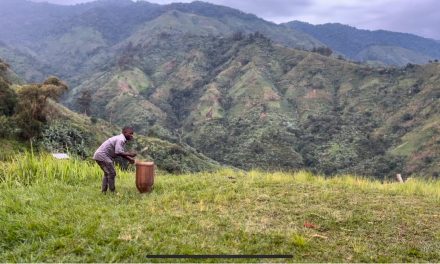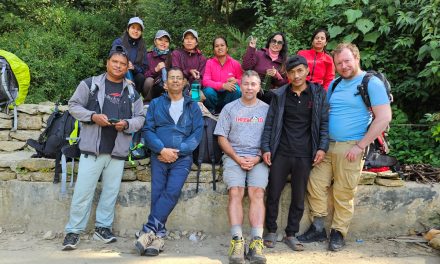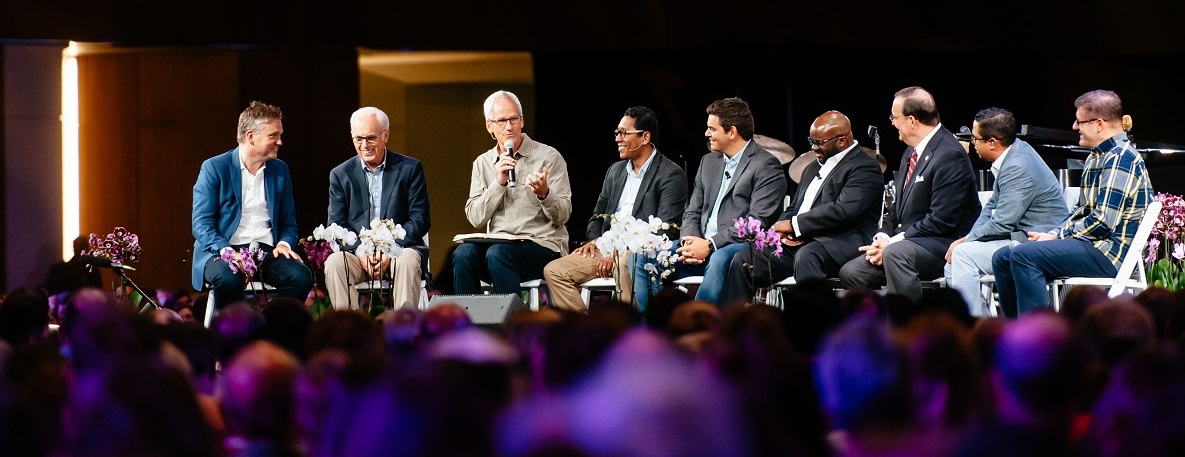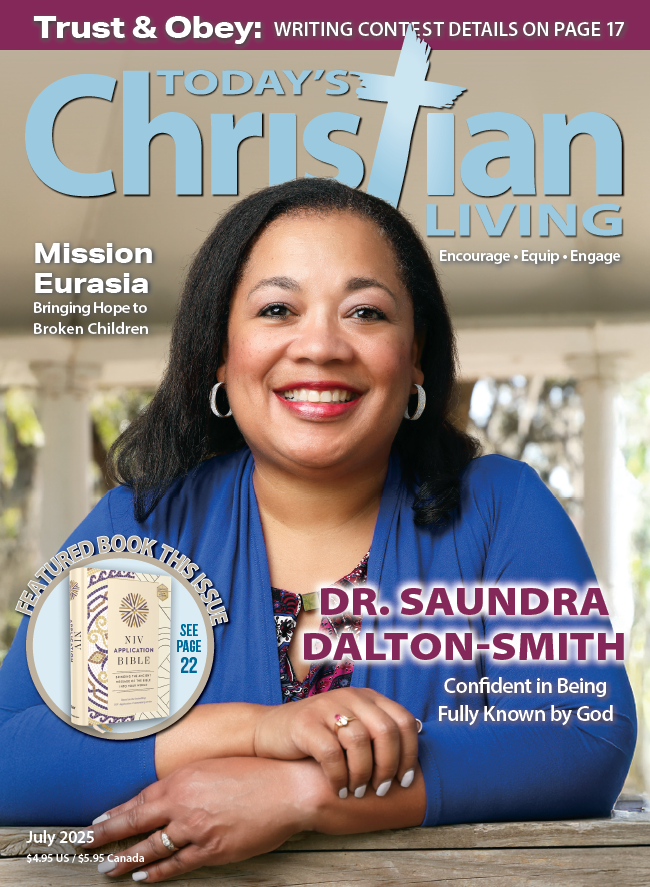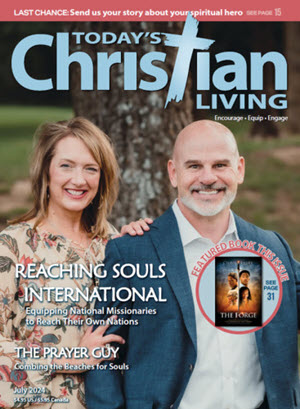“A father to the fatherless, a defender of widows, is God in his holy dwelling.” —Psalm 68:5 NIV
Short-term missionaries commit to long-term love for Burmese women widowed by genocide
By Kay Swatkowski
It was 2008. Ten women from Kenosha, Wisconsin, crowded around a banquet table in a long, narrow building in Thailand. After visiting a missionary family supported by their church and caring for a group of young women ensnared by human trafficking, their trip would soon be only a memory and a stack of photos.
Before heading to the airport, an unexpected invitation from the Director of Social Welfare for the Karenni people led them to a bamboo building outside one of the many refugee camps along the border between Thailand and what was once Burma. The director of a local mission insisted there was a group of women they needed to meet.
Waiting quietly in the sweltering heat, they watched as 18 Burmese women silently slipped into the room, leaving their shoes at the door before seating themselves on the opposite side of the table.
Taboo, the Director of Social Welfare for the Karenni people, read the names of each of the women, one at a time.
Upon hearing her name read, one woman nervously raised her hand. In a hushed voice, Taboo told the group how many children this woman had. Then, he gave them the sad date the junta entered the village and savagely took the life of her husband. Taboo explained that, driven from their home, it had taken her and her small children many days to walk through the jungle and cross rivers, until they finally reached the safety of a refugee camp in Thailand.
Taboo read the second name. Another woman quickly lifted her hand. He began to tell her story: how many children she had, what date her husband had been killed by the junta, how long it took her family to trudge through the dense jungle to reach the safety of the refugee camp that she and her children now called home.
These women were widows. Their children were fatherless.
Occasionally, while Taboo spoke, a nursing Burmese mother would walk outside with her crying child and listen through an open window, not wanting to miss a word.
Taboo read the third name, but could not continue. The American women, overcome with grief and compassion, began to sob. Normally, so adept at hiding their emotions and suppressing their own grief, the Burmese widows began to tug at their colorful neck scarves, pulling them up over their faces to veil their own tears. Within moments, the Burmese widows collapsed into the arms of their weeping American sisters, allowing themselves to be comforted.
In the pursuit of more land and more control, the junta had perpetrated a cruel genocide on the people of Burma, specifically the Karenni people. Slaughtering men and driving women and children from their homes, they confiscated land and took control of most of the country. These women and their children were victims of ethnic cleansing.
The unexpected invitation on the last day of their trip was not an interruption. It was a divine appointment. God had more work for these women to do in Thailand — work they could continue while at home in America.
One of the women, and the eldest member of the group at age 62, Kelsie Newbrough affirms that her encounter with these Burmese widows altered her life and says the meeting that day is one she will never forget.
Returning home, this small group of ordinary women could not escape the memory of that extraordinary meeting. The widows and their families became a recurring topic of conversation and prayer.
Sitting in a Thai restaurant with her husband and friends, Kelsie expressed her concern for the future of these women and their children. Having seen firsthand the devastation of the human trafficking trade in Thailand, everyone realized how vulnerable these impoverished mothers would be to the deceit and manipulation of those involved in human trafficking.
Traffickers approach families in need displaying pictures of Disney World or well-cared-for children in neatly pressed school uniforms. These ruthless individuals work to convince parents that they simply want to give this child a better future.
Offers of money for the child and promises that their little ones will be safe and well cared for are frequently irresistible. Most of these families struggle every day to feed their children and are rarely able to afford an education. These trusting and desperate families lose their own children — unaware of the pain and suffering that awaits.
It was clear to every member of the team that they could help prevent this heartbreak.
These widows and their children needed financial support to not only survive and meet basic needs but as protection against evil people that would do them harm.
Over the next few months, families from their church and community adopted all 18 widows and families. A small monthly gift of support allowed these women to meet the needs of their children without putting them in an income range that would draw undue attention in their community.
Every family began to flourish with the loving support of their new friends. Buh Meh, mother of three, does well on a small contribution of $30 a month. She now stocks a small store in her bamboo hut. Her goal is to purchase pigs. Other women are having similar experiences.
Four more visits to Thailand have allowed this group from Kenosha to establish deep friendships with these women. They are as dear to them as family.
When the Americans arrive in town, the once reserved Burmese widows run to greet and kiss them. Dolls for the girls and small toys for the boys are usually tucked away in luggage and received with excitement. The children adore their new friends.
Team members often have the opportunity to share God’s Word through translators and tears flow without embarrassment.
Seven of the families relocated to other countries and those mothers now fully support their families. Members of the team are still in contact with some of these families and provide emotional and prayer encouragement.
The remaining families living in the refugee centers of Thailand will receive support for as long as possible. The relationships that began around a banquet table in a bamboo building will not soon end. The Karenni people still face many challenges and can count on the prayers of their American friends.
While these families have a long way to go in recovering from the unspeakable suffering they have endured, their lives have been transformed by this divine appointment. Many of these women have become believers and all of the children remain in their homes. God has used these Christian women to defend the cause of these fatherless families.
One of the members recently affirmed her commitment to this vital mission. “We are praying about what God has for us next.”
Kay Swatkowski is a freelance writer from Antioch, Illinois. As a Christian counselor, advocate for the family and former missionary, she writes on a variety of subjects of interest to Christians. She is married and is the mother of four and grandmother of five.

